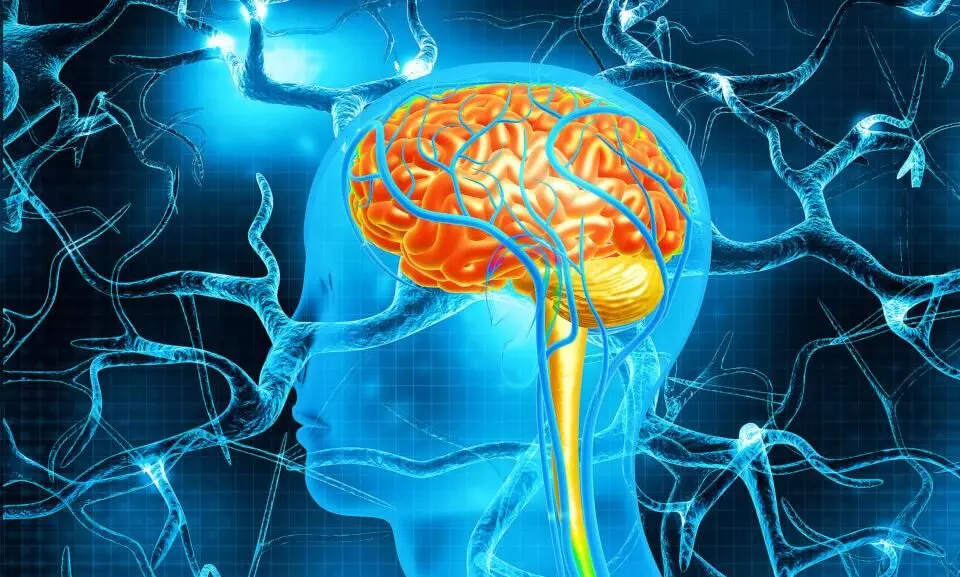
Neurons can predict human speech even before you say a word: study
text_fieldsNew Delhi: By using advanced brain recording techniques, a team of researchers has demonstrated how neurons in the human brain work together to allow people to think about what words they want to say and then produce them aloud through speech.
The study published in the journal Nature revealed insights into the brain’s neurons that enable language production, and which could lead to improvements in the understanding and treatment of speech and language disorders.
“Although speaking usually seems easy, our brains perform many complex cognitive steps in the production of natural speech, including coming up with the words we want to say, planning the articulatory movements and producing our intended vocalizations,” said senior author Ziv Williams, MD, an associate professor in Neurosurgery at MGH and Harvard Medical School.
“Our brains perform these feats surprisingly fast -- about three words per second in natural speech -- with remarkably few errors. Yet how we precisely achieve this feat has remained a mystery,” he added.
 Also Read: Monkey fever outbreak in Karnataka, 31 cases in last 15 days
Also Read: Monkey fever outbreak in Karnataka, 31 cases in last 15 days
Scientists discovered neurons that contribute to language production and might explain the ability to speak when they recorded single neurons in the prefrontal cortex, a frontal region of the human brain, using a cutting-edge technology called Neuropixels probes.
They also found that there are separate groups of neurons in the brain dedicated to speaking and listening.
“Use of these probes can therefore offer unprecedented new insights into how neurons in humans collectively act and how they work together to produce complex human behaviours such as language,” said Williams.
The study demonstrated how the brain's neurons encode some of the most fundamental components used in the construction of spoken words, from phonemes, which are basic speech sounds, to syllables, which are more sophisticated speech strings.
For example, the consonant “da”, which is produced by touching the tongue to the hard palate behind the teeth, is needed to produce the word dog, the researchers explained.
By recording individual neurons, the researchers discovered that certain neurons become active before this phoneme is spoken out loud. Other neurons reflected more complex aspects of word construction such as the specific assembly of phonemes into syllables.
With agency inputs
























